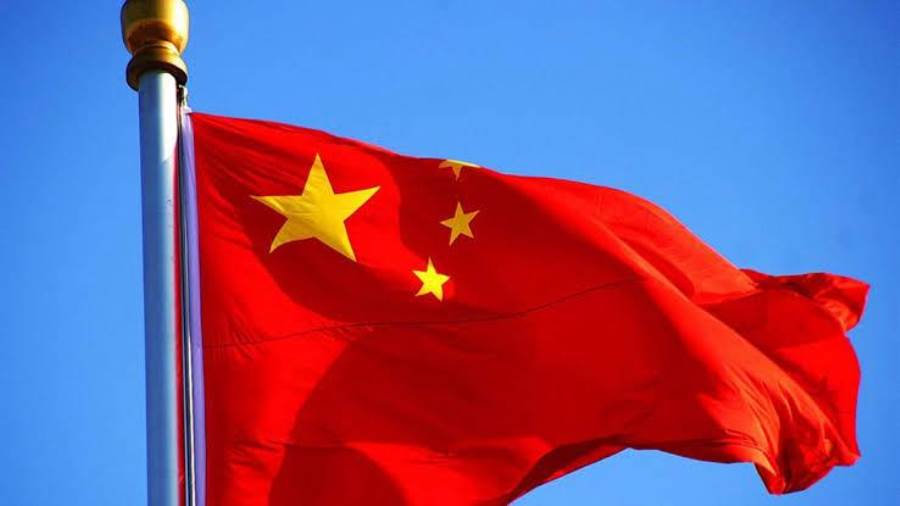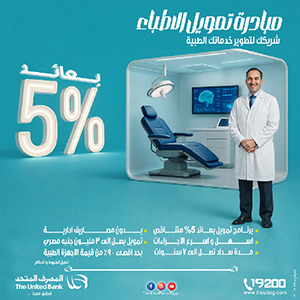China’s Inflation Rises for the First Time in Five Months Amid Deepening Industrial Deflation


China recorded its first rise in consumer inflation in five months during June, while producer prices declined further, reflecting ongoing pressure from weak domestic demand and growing global trade uncertainty. Data from the National Bureau of Statistics showed that the Consumer Price Index (CPI) rose by 0.1% year-on-year last month, reversing a 0.1% drop in May and exceeding analysts’ expectations of no change. On a monthly basis, the index declined by 0.1%, in line with earlier forecasts.
At the same time, the Producer Price Index (PPI) fell by 3.6% compared to the previous year, accelerating from a 3.3% drop in May. This marked the sharpest annual decline since July 2023, driven by falling raw material prices and weakened activity in key sectors such as construction and manufacturing, partially due to adverse weather conditions.
Export-oriented sectors in China are facing mounting challenges due to global trade headwinds, particularly in industries like electronics and telecommunications equipment, which saw sharper price declines last month. The situation has been further complicated by renewed U.S. tariff policies, increasing uncertainty for firms that depend heavily on overseas markets, especially as domestic consumption remains sluggish.
Factory-gate prices in the coal mining and washing sector dropped 22% year-on-year—the steepest decline since 2007—as the country continues to expand its reliance on renewable energy sources, which has led to lower demand for traditional fossil fuels. Meanwhile, consumer prices saw a modest rise, partly supported by recovering oil prices and industrial goods. The annual decline in consumer inflation narrowed from 1.0% to 0.5%.
Within consumer spending categories, prices of gold and platinum jewelry rose by 39% and 16% respectively. Notable increases were also recorded in home textiles and electrical appliances, while the decline in car prices eased compared to previous months. The automotive and electronics sectors likely benefited from a government-backed subsidy program, although the initiative faced temporary suspension in several provinces last month due to depleted funding. Authorities have since pledged to inject additional funds to revive the program.
Despite ongoing stimulus measures since late 2024, consumer confidence remains weak. A recent index indicated that increased political support has yet to translate into a meaningful improvement in household sentiment, largely due to limited progress in job creation and income growth.
Deflationary pressures have also been exacerbated by overcapacity in several industrial sectors. While central authorities have committed to reducing excess production in some areas, analysts caution that aggressive price competition—often referred to as "price wars"—could persist for years, as local officials attempt to avoid layoffs and their potential social consequences.






















